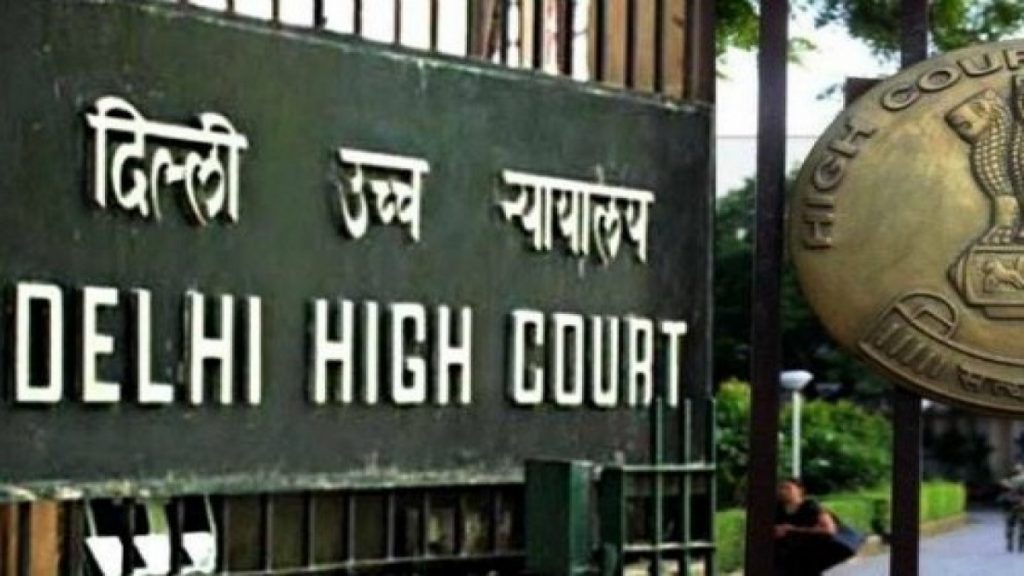New Delhi: Right to protest is a fundamental right and cannot be termed as a ‘terrorist act’, the Delhi High Court said Tuesday. It made the observations while granting bail to JNU student Devangana Kalita. The student had been behind bars since May 2020 in a case related to the communal violence in north east Delhi during protests against the Citizenship Amendment Act (CAA).
A division bench said the court must be careful in employing the definitional words and phrases used in the anti terror law UAPA ‘in their absolute, literal sense or use them lightly in a manner that would trivialise the extremely heinous offence of ‘’terrorist act’, without understanding how terrorism is different even from conventional, heinous crime’.
The Delhi High Court bench said it was constrained to say that in its anxiety to suppress dissent and in the morbid fear that matters may get out of hand, the State has blurred the line between the constitutionally guaranteed ‘right to protest’ and ‘terrorist activity’.
“If such blurring gains traction, democracy would be in peril,” a bench of Justices Siddharth Mridul and Anup Jairam Bhambhani said in its 83-page judgement while deliberating with the case and imposition of anti-terror law against Kalita.
It said right to protest peacefully without arms is a fundamental right under Article 19(1)(b) of the Constitution and has not been outlawed yet.
Also read: Around 50 JNU students protest against CAA, NRC at Jantar Mantar
“Considering however, that the right to protest is a fundamental right that flows from the constitutionally guaranteed right to assemble peaceably and without arms enshrined in Article 19(1)(b) of our Constitution, surely the right to protest is not outlawed and cannot be termed as a ‘terrorist act’ within the meaning of the UAPA, unless of course the ingredients of the offences under sections 15, 17 and/or 18 of the UAPA are clearly discernible from the factual allegations contained in charge sheet and the material filed therewith,” the bench said.
Kalita was arrested along with others in May last year under the stringent Unlawful Activities (Prevention) Act (UAPA) in connection with a case of larger conspiracy related to riots.
The high court, by separate judgements, also granted bail to another JNU student Natasha Narwal and Jamial Millia Islamia student Asif Iqbal Tanha in the UAPA case.
Referring to a Supreme Court verdict, the high court said that the extent and reach of a terrorist activity must travel beyond the effect of an ordinary crime and must not arise merely by causing disturbance of law and order or even public order.
“The Supreme Court says that the effect of terrorist activity must be such that it travels beyond the capacity of the ordinary law enforcement agencies to deal with it under the ordinary penal law,” it said.
